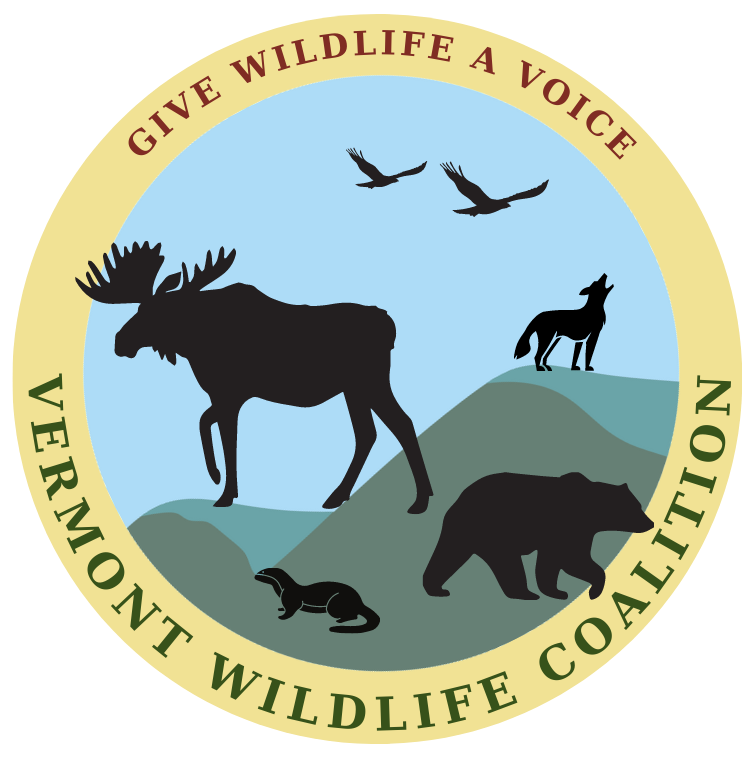bringing more diverse perspectives to the Fish and Wildlife Board and making it advisory only instead of a decision-making board.
Why change the Fish and Wildlife Board?
Wildlife is held in trust for ALL Vermonters, yet only a tiny fraction of Vermonters have representation related to issues that impact all of us. An example of this is 24/7/365 days a year coyote hounding. Members of the public attempted to work through the Board to put some reasonable coyote hunting restrictions in place, but the Board refused to do anything.
Vermont has over 160 boards and commissions. The vast majority are advisory bodies or professional licensing boards. For the few boards with the power to set rules--such as the Board of Health--over half of the members must have relevant technical training as doctors and dentists. No credentials are required to be appointed to the Fish and Wildlife Board.
Current F&W Board members are regularly appointed through secret, back-room discussions, while those who apply formally do not even get a confirmation that their applications were received and are never told why they were rejected.
The current F&W Board lacks diversity even within the hunting community. Many hunters do not condone things such as wildlife killing contests, sport-killing coyotes for entertainment, using high-tech gadgets for video-game style hunting, or using packs of hounds to repeatedly attack and maul wild animals. The hunters who speak up against some of these behaviors have been treated with disdain. In response to ongoing criticism of the Board being packed with more extreme views, a couple of less extreme Board members have been appointed. However 1 or 2 more moderate Board members out of 14 does not adequately represent the hunting community and it certainly does not represent Vermont as a whole. The vast majority of Vermonters are calling for change related to wildlife management.
Fish and Wildlife Board members have had serious conflicts of interest and have not recused themselves from votes that would benefit them financially (e.g., expanding a trapping season). Making the Board advisory would help mitigate this issue.
While members of the Fish and Wildlife Department leadership tend to have some of the same biases that the Board has, they are at least accountable to the taxpayers. We do not expect things to change overnight, but S.129 is a critical first step toward more equitable representation for all Vermonters.
